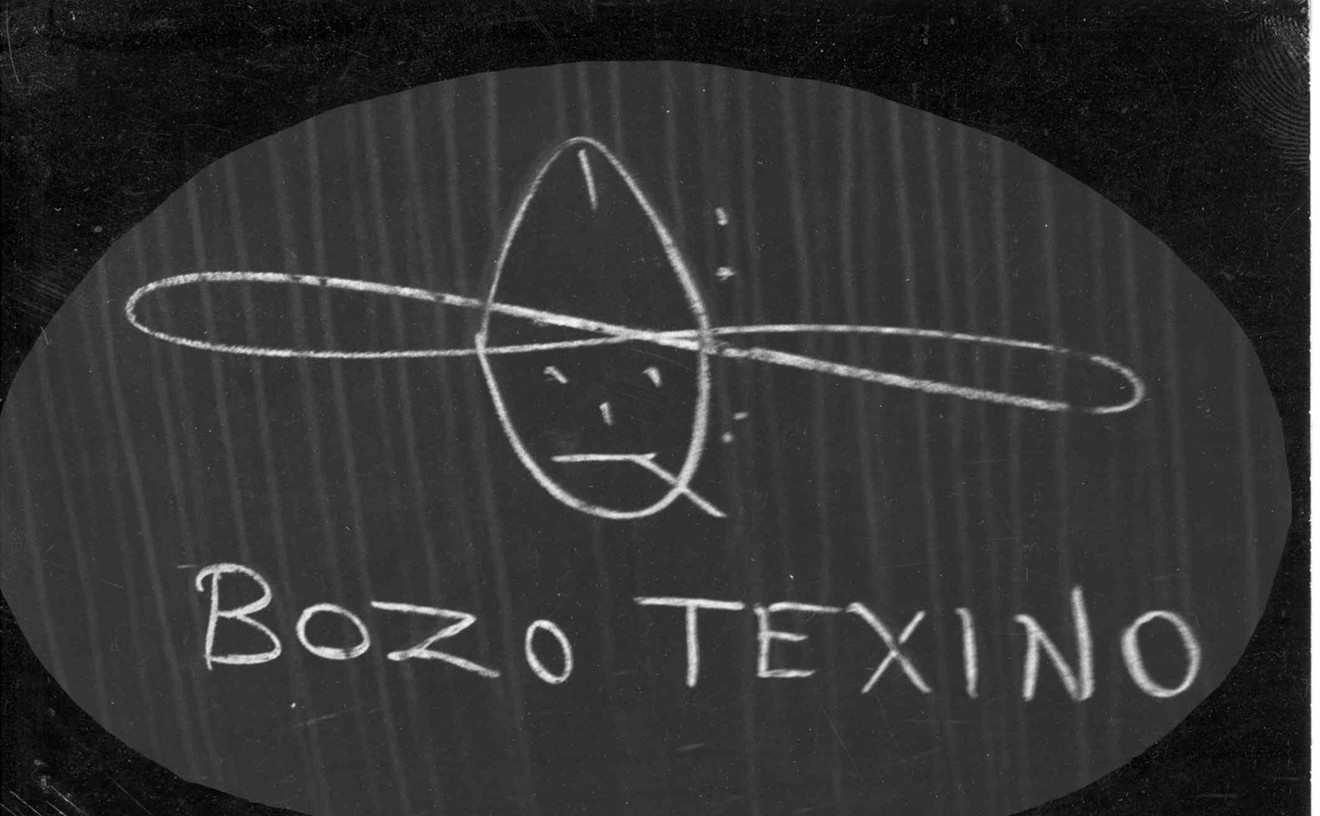The three sisters of the play's title are upper-class, highly educated and generally idle. They waft about their St. Petersburg home, worry about their brother -- who should have been a university professor -- entertain visiting soldiers, talk about finding meaningful work. They come to loathe their sister-in-law -- a grasping, ugly-spirited woman who nonetheless brings a coarse vitality to the house. In Chekov's original story, the sisters' inchoate desires coalesce around the dream of returning to their childhood home in Moscow. Outside their walls, and sometimes impinging on their consciousness, the world they inhabit is about to be entirely remade.
The Three Sisters was first presented in 1901, sixteen years before the Russian revolution. Donovan Marley, director of the Denver Center Theatre Company production, has chosen to set the play in America's Deep South, in 1862, a year into the Civil War. He has enlisted James Warnick to translate and adapt the text. Warnick has done a crisp, thoughtful and accessible job. Occasionally, there's a sharpness and clarity to the dialogue that sounds downright un-Chekhovian, but the characters seem true to themselves, and their confused or sententious repetitions remain.
These people are oddly helpless. When sister-in-law Vanessa Mae is abusive toward the household's eighty-year-old black slave, older sister Alma is left positively spluttering with rage, but she's completely incapable of addressing the problem. At least a couple of characters realize that a dangerous duel is in the offing and, though filled with dread and anguish, do nothing to stop it. A canceled party can vanquish this family, yet when the city burns and the house fills with displaced neighbors, they cope.
Lieutenant Colonel Alexander Covington, foolishly romantic, bitterly unhappy in his marriage, falls in love with one of the sisters, Marsha Anne, who is also married. Covington believes that his -- and all of humankind's -- unhappiness will somehow earn happiness for future generations, though it may take two or three centuries. In the same way, present wars will ensure future peace. Nonsense, responds Lieutenant Nicholas Gerard Tusenbach, unhappily in love with another sister. Life in a couple of hundred years will be essentially the same.
Marley has said that he believes tectonic plates are shifting in our world, as they were in Chekhov's Russia and in the pre-Civil War South: There is no way of predicting the outcome of the current crisis. It's true that when the first World War broke out, no one could have known it would lead, through circuitous pathways, to Stalin, Hitler and unending upheaval in the Middle East. (In 1917, England approved the concept of a Jewish homeland in Palestine; in 1922, she drew up the map of what is now Iraq.)
The Denver Center production is beautifully acted. There's an extraordinary gentleness to Annette Helde's performance as Alma, a kind of stifled tenderness that on some level defines and illuminates the entire evening. Jacqueline Antaramian is also stellar as the unhappily married Marsha Anne, funny, fierce, bitter, staccato and eccentric. In one memorable scene, she finally gives in to her feelings for Covington. Her emotions are oceanic, and it almost seems as if loosing her hold on them will cause insanity and the dissolution of her entire being. Peach-complexioned Jessica Dickey is willful and flirty as youngest sister Katherine, until circumstances slow, and wear, her down. Bill Christ is a large-spirited, sentimental Covington, Jamie Horton a peevish brother Andrew. Hack doctor Angelo Castellini is played with flippant weariness by Richard Risso. He, too, has a moment of shockingly urgent passion, when he tells Katherine, his favorite of the sisters, to "fly...and keep on flying." Mark Rubald -- Tusenbach -- has so warm and kindly a presence that it's hard to see how Katherine could refuse him, even if he is twice her age. And Corliss Preston gives vigorous full measure to Vanessa Mae's every hypocritical word and contemptible gesture.
Theodore Middleton, Marsha Anne's schoolmaster husband, is a mannered, boring little man whose love for his mocking, wretchedly unhappy wife represents, nonetheless, the closest thing to tragic grandeur this play has to offer. Randy Moore brings him to touching life.
The substitution of black slaves for Russian servants adds a frisson of uneasiness, even guilt, to our experience of the production. Keith L. Hatten brings a rough, limping solidity to the role of Walter, along with the sense of an inner life at which we can only guess. Bea Parks is a warm, expressive Aunt Sylvia. And as Vanessa Mae first befriends and then bullies her, Julia Pace Mitchell's Abby manages to say more with her eyes and body than most people could communicate in an hour-long speech.
So why don't the sisters simply pack their bags and go to the city? Why didn't Hamlet kill his murdering uncle? Why do so many of us fill our lives with wistful thoughts of things we want to do and places where we might be happy? The Three Sisters is as woolly and messy as life itself. Like us, the characters search for meaning and find cliche. Like us, they focus on the trivial and mundane, attempting to ignore the gathering shadows at the window. But there's something that we love in their muddled humanity, and the glimpses they give us every now and then into their self-indulgent and tormented hearts.











